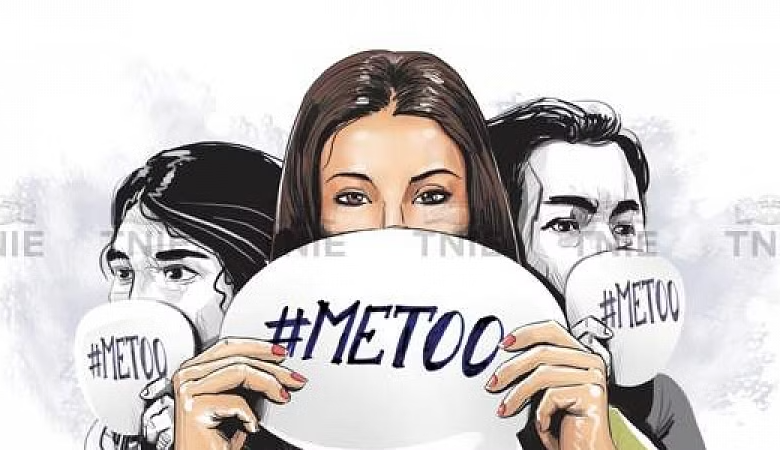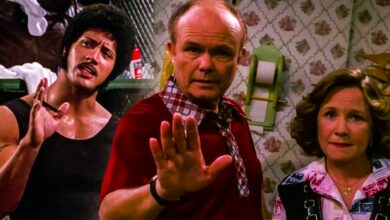Behind every predator, a circus of enablers
The words they say about caring for survivors hold about as much water as a sieve.

CHENNAI: In May of 2023, five years since the Me Too movement reached its pinnacle in Hollywood, the actors Ashton Kutcher and Mila Kunis privately wrote character letters about their former That ‘70s Show castmate Danny Masterson, hoping to persuade the judge presiding over the multiple sexual assault case in which he was being tried to give their friend leniency. Masterson has just been sentenced to 30 years in prison, and will only be eligible for parole after 25.5 years. Kutcher and Kunis, who are a married couple, apologised via social media when their letters attesting to Masterson’s goodness were leaked.
The former colleagues had known each other for two and a half decades. Published excerpts allege that Kutcher wrote that he thought Masterson was an “excellent role model” and Kunis wrote that she believed that “Danny’s role as a husband and father to his daughter has been nothing short of extraordinary”.
Kutcher and Kunis apologised because they were found out. In their apology video, posted on Instagram, they even say, very tellingly: “[The letters] were intended for the judge to read, not to undermine the testimony of the victims or to re-traumatise them in any way.” Meaning: they thought the letters would be for the judge’s eyes only. They are sorry that they leaked, but not that they tried to help the rapist. The words they say about caring for survivors hold about as much water as a sieve.
I, for one, am so glad the judge was not swayed by those letters. And I am equally glad that Kutcher and Kunis got caught. It goes without saying that I am also glad that Masterson has been convicted, but every time a major case like this happens, the emotions that run through me are more complex. I grieve angrily about cases that haven’t been taken to court. Cases that were dismissed. Cases that stall at, or because of, social media. Cases that are secret. Cases that are not cases, not in the legal sense. There are so many Mastersons. And for every Masterson, there is always — always — a Kutcher-Kunis in tow, or a whole team of them. The role of these enablers is not peripheral. It’s people like them who encourage the conditions in which predators thrive.
Some time ago, I found myself in the uncomfortable situation of sharing a large but not-so-large working space with one of my abusers. There, as one among his court, was an enabler I had long known well. That Masterson-like figure has gone unscathed even as many of his peers in predatorship have come under fire. He is surrounded by Kutchers and Kunises. Their entire circus was still getting away with it — the abuse, the enabling, the grooming, the gaslighting, and the deflective gossiping too. Seeing him fazed me less than seeing her still choosing that role.
When the Mastersons of the world get caught, the Kutcher-Kunises continue to throw survivors and victims under the bus as they seek to cover their own tracks. When they stay uncaught, when those tracks are more easily concealed, the Kutcher-Kunises help shape events, not just narratives. They’re not less terrible.





